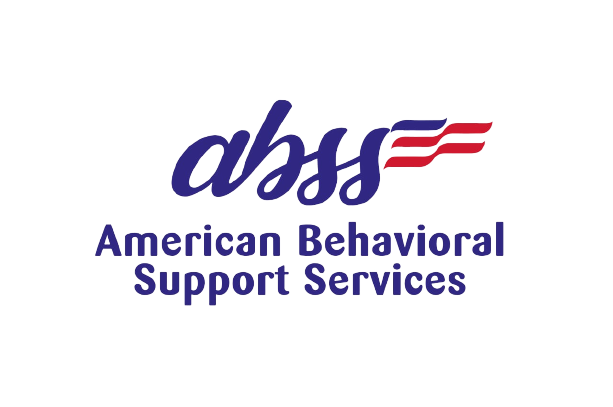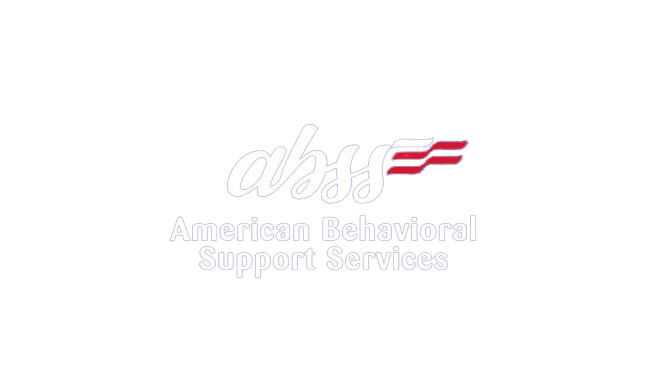
What is a Behavior Analyst?
A behavior analyst is a professional trained in understanding human behavior through observation, data analysis, and intervention strategies. Most work under the umbrella of Applied Behavior Analysis (ABA), particularly supporting individuals with developmental disorders like autism.
Why Understanding Salary Matters
Whether you’re just starting out or considering a career shift, understanding salary expectations helps you plan better—financially and professionally. Knowing where the opportunities lie can be the difference between a job and a fulfilling, well-compensated career.
Average Behavior Analyst Salary in the U.S.
Entry-Level Behavior Analyst Salary
For newcomers in the field, especially those with a BCaBA or working under supervision, starting salaries range between $50,000 to $60,000 annually. Entry-level pay varies based on geographic region, demand, and whether you’re in public or private service.
Mid-Career and Experienced Behavior Analyst Salary
Once you hit 3–5 years in the field and obtain your BCBA, salaries climb to $70,000–$90,000 annually. Analysts with supervisory roles or specialized experience can even touch the six-figure mark.
High-Earning Potential in Specialized Roles
With 10+ years of experience and/or a doctoral credential (BCBA-D), professionals can earn $100,000 to $130,000+, particularly if they work in leadership roles, research, or consulting.
Salary by Certification

BCBA (Board Certified Behavior Analyst) Salary
BCBAs are in high demand. The average salary sits around $75,000 to $95,000, with upward mobility depending on region and setting.
BCaBA (Board Certified Assistant Behavior Analyst) Salary
BCaBAs typically earn $45,000 to $65,000, often working under a BCBA’s supervision. However, career progression can lead to BCBA certification and higher pay.
BCBA-D (Doctoral Level BCBA) Salary
These professionals are often in academic or research settings and can earn $100,000+, especially if paired with administrative or directorial roles.
Salary by Work Setting
Schools and Educational Institutions
Behavior analysts in public schools generally earn on the lower end—$50,000 to $75,000, but often enjoy strong benefits, job security, and work-life balance.
Healthcare and Mental Health Facilities
These settings offer $70,000 to $90,000 or more, especially for roles in inpatient centers, developmental clinics, and hospitals.
Private Practice or Consulting Firms
Private practice can yield $100,000+, depending on client load and business model. Analysts here have more control—but also more responsibility.
Remote and Telehealth Opportunities
Remote roles are on the rise, offering flexible arrangements with pay averaging $65,000 to $85,000. While convenient, these may lack in-person client connection or benefits.

Salary by Location
Top-Paying States for Behavior Analysts
California, New York, Massachusetts, and Washington top the charts. Salaries in these areas can surpass $100,000, but often coincide with a high cost of living.
Urban vs. Rural Salary Differences
Urban analysts generally earn more, but rural areas may offer incentives like sign-on bonuses, relocation assistance, or loan forgiveness.
Cost of Living and Salary Adjustments
A $90K salary in New York might not stretch far, while $75K in the Midwest could offer a comfortable lifestyle. Always balance salary with cost of living.
Factors Affecting a Behavior Analyst’s Salary
Experience and Education Level
More degrees and years in the field = more money. Advanced degrees often open the door to leadership or niche consulting roles.
Industry Demand and Growth
Autism services, insurance mandates, and public awareness have surged demand for ABA, making it a candidate’s market in many states.
Geographic Demand
Some regions have a scarcity of BCBAs, leading to higher pay, relocation perks, or hybrid work options to attract talent.
Freelance and Contract Behavior Analysts
Hourly Rates vs. Salaried Roles
Freelancers may charge $50–$120/hour, depending on qualifications and demand. However, they forgo employer-provided benefits.
Pros and Cons of Contract Work
More freedom, but less stability. If you’re entrepreneurial, this could be your path to financial freedom. But it’s not for the faint of heart.
Benefits Beyond Salary
Insurance, PTO, and Retirement
While public roles may pay less, they often come with solid insurance, generous paid time off, and pension plans—worth thousands yearly.
Career Growth and Learning Opportunities
Behavior analysis is constantly evolving. Workshops, CEUs, and advanced credentials can position you for promotions and pay raises.
Future Job Outlook for Behavior Analysts
Growing Demand in Autism and Special Education
With autism diagnosis rates rising, demand for skilled behavior analysts has never been higher. Expect continued job security and competitive pay.
Emerging Roles in Corporate and Tech Environments
Companies are starting to see the value of behavioral science in improving workplace efficiency, training, and user behavior—new frontiers for BCBAs.
How to Increase Your Salary as a Behavior Analyst
Gaining Advanced Certifications
Certs like BCBA-D or specialties in verbal behavior, supervision, or OBM (Organizational Behavior Management) can boost your market value.
Negotiation Tips
Always negotiate. Know your worth, bring data, and don’t be afraid to ask for what you’re worth—especially in a candidate-driven market.
Expanding into Consulting or Supervision
Supervising trainees or branching into consulting adds revenue streams and positions you as a leader in your field.

Real-Life Salary Examples and Testimonials
- Amanda, BCBA (Chicago): “Started at $62K, now earning $95K after five years and managing a small team.”
- David, BCBA-D (Remote Consultant): “Billing $110/hour, working 30 hours/week on my terms.”
- Renee, BCaBA (Florida): “Started at $48K. Taking online classes now to upgrade to BCBA for higher pay.”
Conclusion
A career in behavior analysis offers more than just a paycheck—it’s a rewarding, in-demand profession with plenty of room to grow. Salaries vary widely depending on credentials, location, and experience, but the upward mobility and purpose-driven work make this field highly attractive. Whether you’re aiming for financial security, career flexibility, or meaningful impact, behavior analysis could be your perfect match.
FAQs
What is the starting salary for a behavior analyst?
Typically between $50,000 and $60,000, depending on certification and location.
Do behavior analysts make more with a master’s or doctorate?
Yes. Those with doctoral credentials often earn $100,000+ and qualify for leadership and research roles.
Can behavior analysts work remotely?
Absolutely. Remote ABA roles are expanding, especially post-pandemic, with competitive salaries and flexible schedules.
Is the BCBA credential worth it?
Yes. It opens doors to higher-paying jobs, independent practice, and leadership opportunities.
What skills help boost salary in behavior analysis?
Strong data analysis, communication, supervision skills, and specializations (e.g., verbal behavior, OBM) all help increase earning potential.

